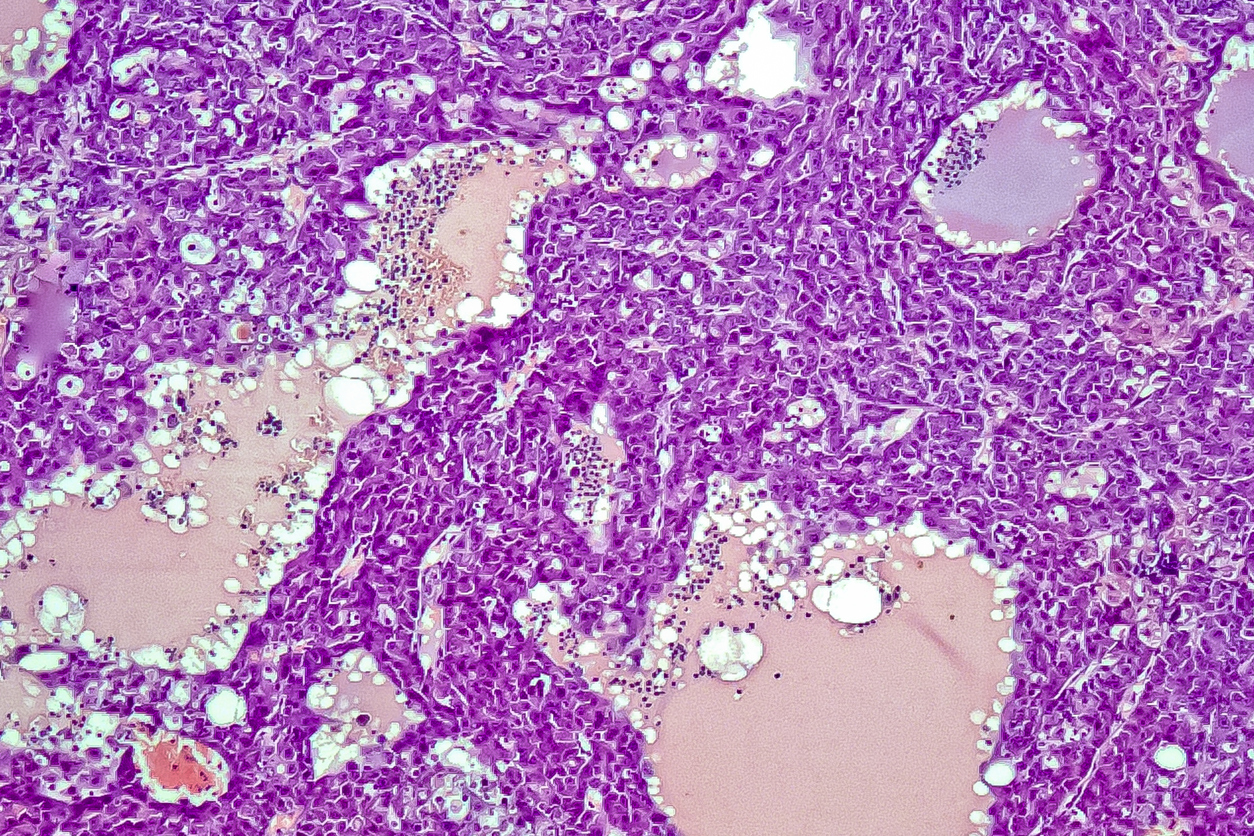2024-02-20
Specific features of hepatocellular carcinoma
Medical Genetics
Source(s) :
Lei Chen et al. Deep whole-genome analysis of 494 hepatocellular carcinomas. Nature. 2024 Feb 14. ;

Last press reviews
Could statins soothe inflammation?

By Ana Espino | Published on February 6, 2026 | 3 min read<br>
IAVI G004 trial: overview of a next generation HIV vaccine

By Carolina Lima | Published on February 5, 2026 | 3 min read
Liver, sugar, and pills: who's in control?

By Ana Espino | Published on February 4, 2026 | 3 min read<br>